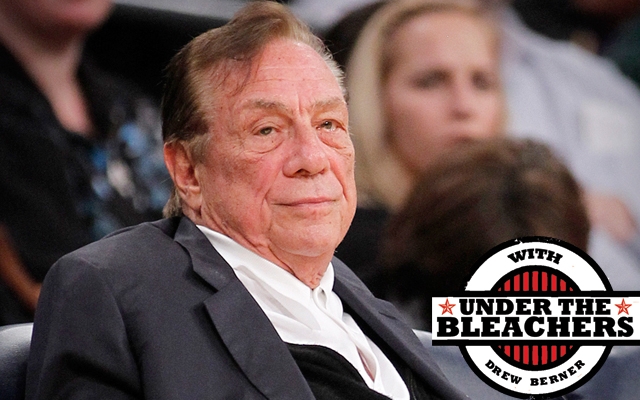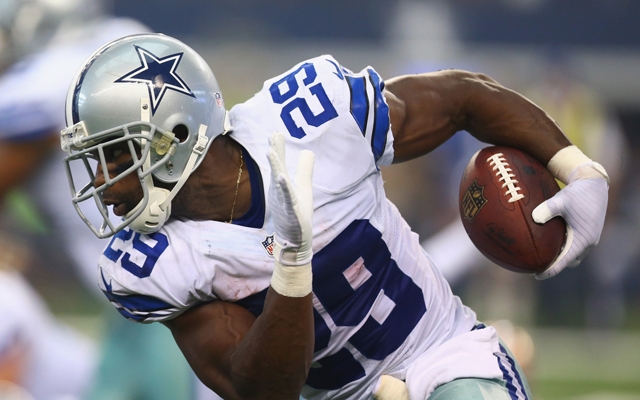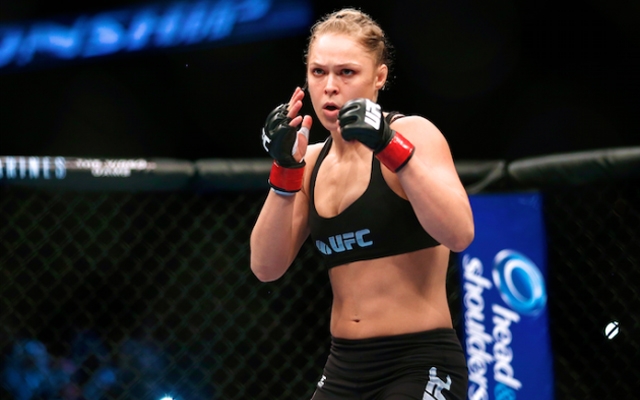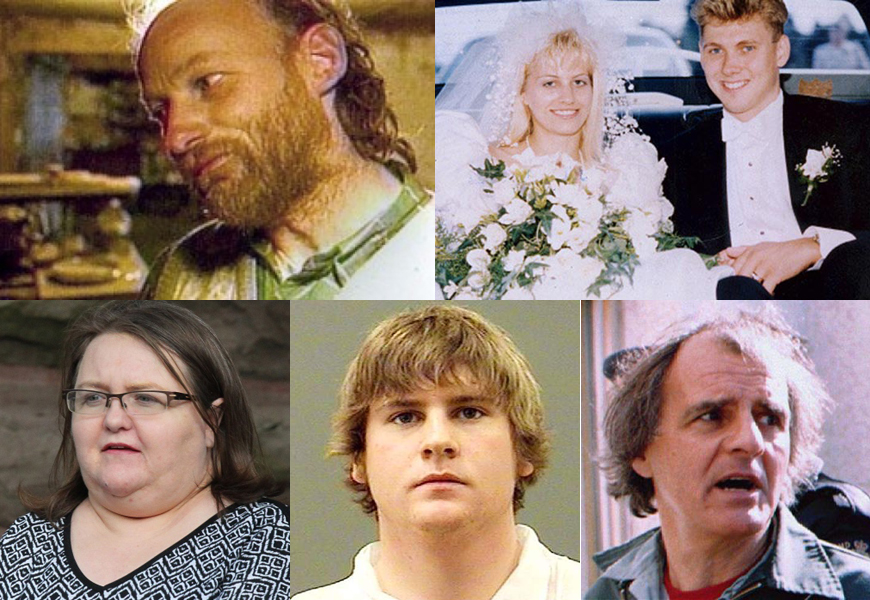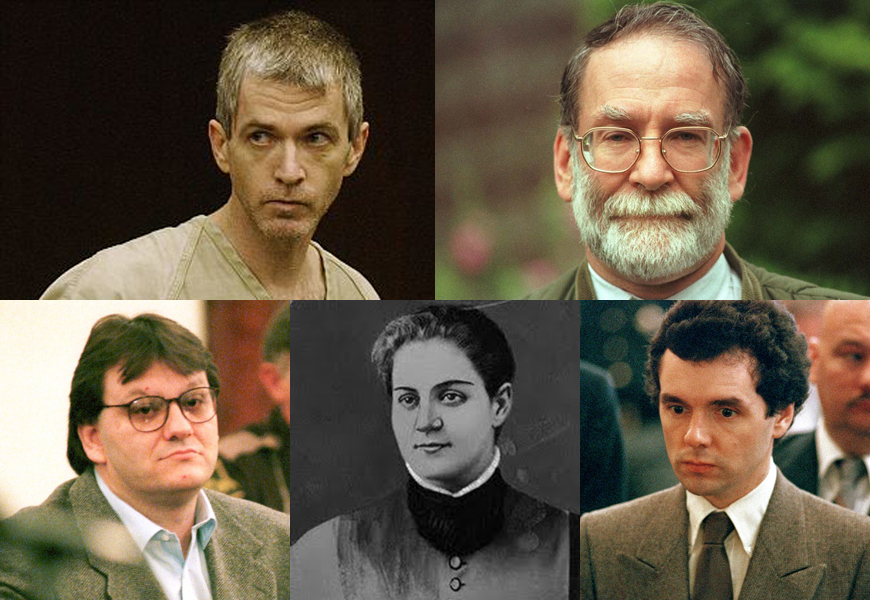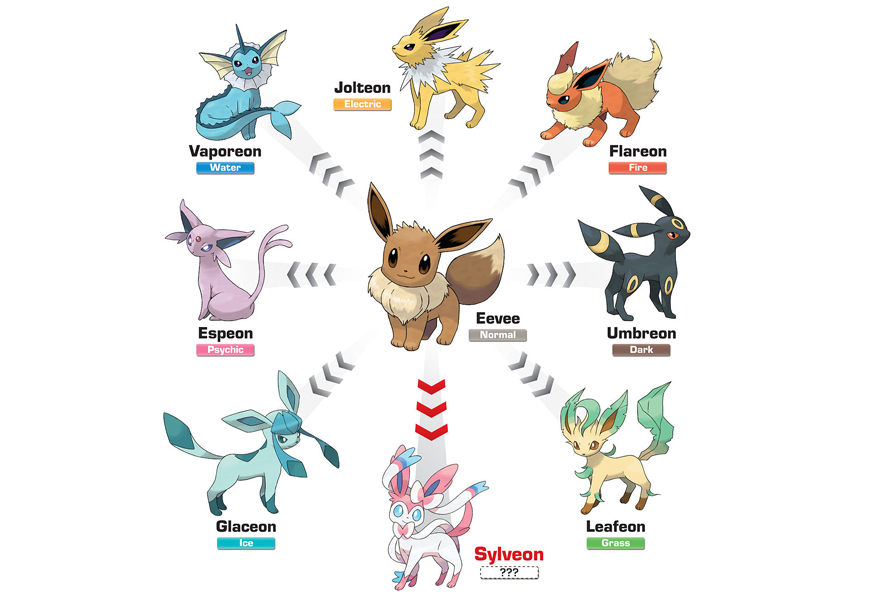A lifetime ban. $2.5 million. Control of your team. If anyone was wondering, that’s now the official cost of being an unrepentant racist if you own an NBA franchise.
The controversy around L.A. Clippers owner Donald Sterling has been unavoidable since TMZ released an audiotape last Saturday of him scolding his girlfriend for taking Instagram photos with black people—specifically NBA legend Magic Johnson—and telling her not to bring them to Clippers games. Further recordings had him talking about his players like slaves and suggesting he’s more important to basketball than they are.
It’s gross stuff, but none of it is surprising—this guy kind of has a history of discriminating against minorities. If you’ve been following the news you know he’s twice settled lawsuits for large sums of money after being accused of discriminatory housing practices, during which it was found he said things like, “Black tenants smell and attract vermin.” These stories have been floating around for years, maybe decades, so what is it we’re all up in arms now? Why wasn’t Sterling turfed out of the league long ago?
First, and most importantly, we can all hear him say it, clear as day. There’s something visceral about hearing someone speak disgusting thoughts that’s lacking in a news story or second-hand account. There’s no distance between him and us—his voice is coming right at us, saying, “It bothers me a lot that you want to broadcast that you’re associating with black people.”
It’s unpleasant to hear about someone saying racist things; it’s infuriating to actually hear them say them. But not only can we hear Sterling in his own words, we can immediately tell the world, and the world can tell us, exactly what we think of him. Without Twitter and Facebook and Snoop Dogg’s Instagram video it’s hard to believe this affair would have blown up the way it did—we’d be disturbed, but without us each having our own personal digital megaphone our collective outrage wouldn’t have, couldn’t have escalated the way it has.
But now that the affair is settled and Sterling is persona non grata, most of us seem to be relieved and ready to move on. We shouldn’t be. No one solved racism; the only thing addressed was one rich, bigoted old man’s antiquated views. If the world hadn’t heard the recording Sterling would still be the owner of the L.A. Clippers, and he’d still be unapologetically racist.
But Sterling got caught, so the NBA had to deal with him.
Rookie NBA commissioner Adam Silver has been widely praised for throwing the book at Sterling, but what else could he do? Is there any doubt there would have been vehement reaction from players, and possibly even a walkout, in the middle of the playoffs? And what of the sponsors, who had already begun to flee before Silver handed down his decision? If Silver had flinched, even for a second, it would have been devastating to the entire league—we’re talking losses that would shock even a billionaire like Donald Sterling.
This resolution is a step in the right direction—taking Sterling’s team away, even if it benefits him financially, will wound his ego in a way he’s probably never felt. He can have all the money in the world, but he can never own a basketball team again. That’s a good punishment.
But this is not the time for a round of back-patting, it’s the time to question how that bad man with his piles of money got into a position of authority over people he despised—and how to prevent that from happening in the future. The examination needs to run deeper than one man, deep into the culture that turned a blind eye to one man’s disgusting ideas for decades.

